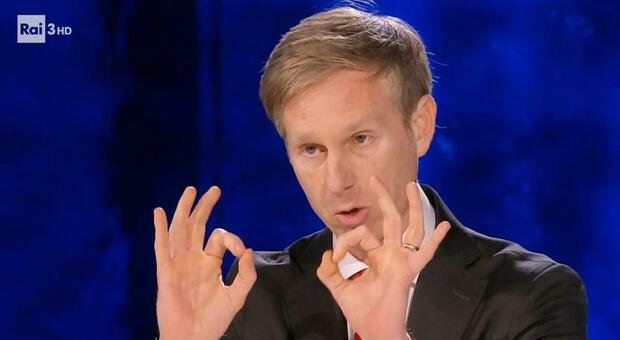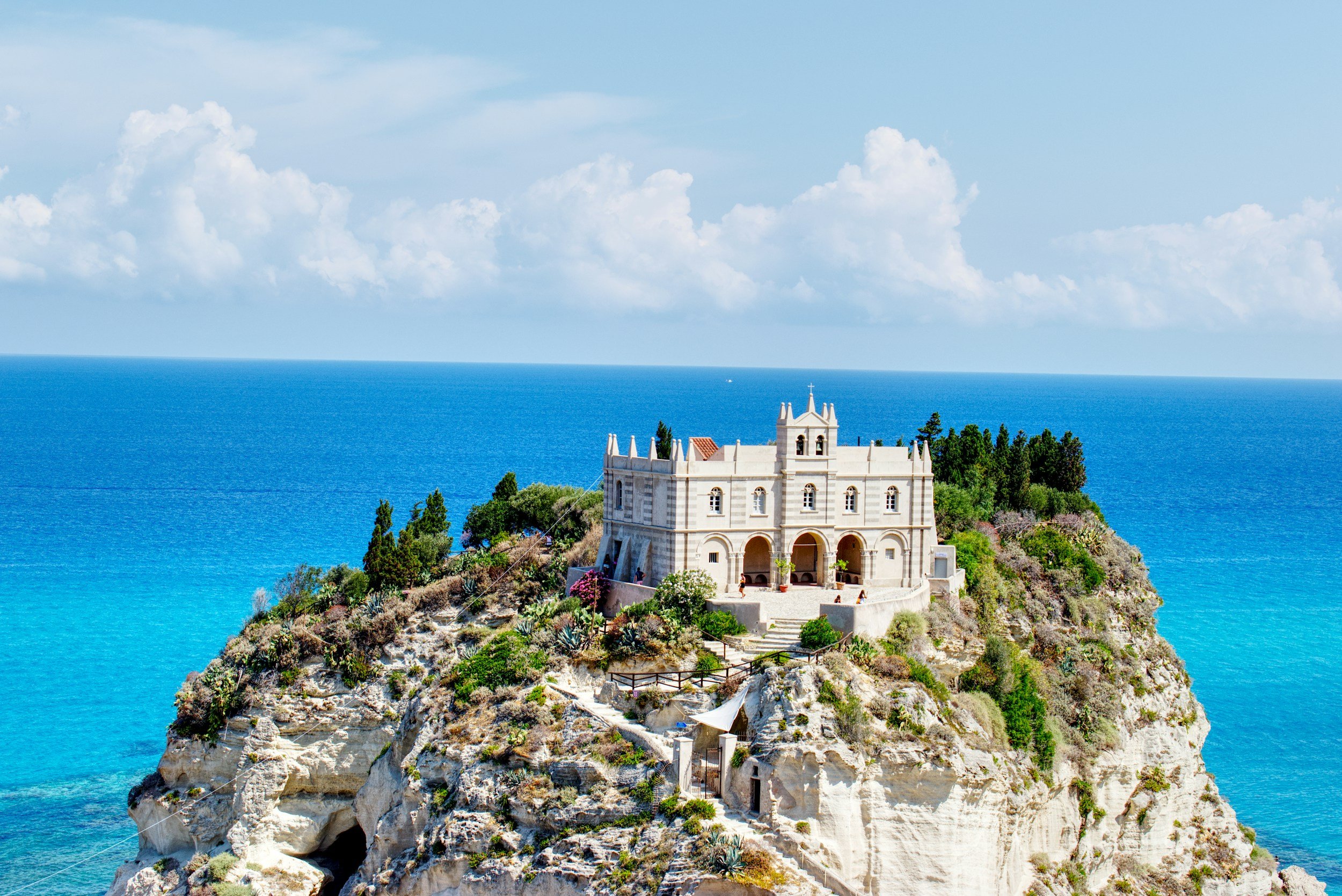Putin's Long Shadow Over Political Future of Italy
Silvio Berlusconi, founder of Forza Italia and Vladimir Putin
As Italy stands at a crossroads of global geopolitics, the specter of falling under the sphere of influence of Vladimir Putin's Russia looms large, posing significant cultural and political risks for the nation.
The emergence of voices and parties in favor of Putin in Italy raises concerns about the erosion of democratic values, the undermining of Western alliances, and the potential subversion of Italy's sovereignty.
In recent years, there has been a noticeable shift in Italian politics and public discourse towards a more favorable view of Putin and Russia. Voices sympathetic to Putin's leadership style and policies have gained traction, advocating for closer ties with Russia and a reevaluation of Italy's relationship with the United States and the broader Western world. These voices often emphasize the need for a more multipolar world order, with Russia playing a prominent role as a counterbalance to Western hegemony.
Certain political parties in Italy have expressed support for Putin and Russia, viewing them as allies in a shared vision of challenging the dominance of the United States and the West. Parties such as the Lega Nord, Forza Italia and Fratelli d'Italia have been vocal in their admiration for Putin's strongman image, his stance on issues like immigration and national sovereignty, and his confrontational approach towards the West. Lega Nord and Fratelli d’Italia often criticize the US and Western institutions for what they perceive as interference in Italian affairs, economic exploitation, and cultural imperialism.
The pro-Putin voices in Italy often paint the United States and the West as adversaries that seek to undermine Italian sovereignty, cultural identity, and national interests. They argue that Western powers impose their values and agendas on Italy, leading to a loss of autonomy and self-determination. By aligning with Russia, these voices believe that Italy can assert its independence, pursue its own strategic interests, and resist what they see as Western hegemony. Professor Alessandro Orsini, a prominent figure in Italian academia, has stirred controversy with his vocal support for Russian President Vladimir Putin and his critical stance against the NATO alliance. Known for his insightful analysis and contrarian perspectives, Orsini's views have sparked intense debate within Italy and beyond.
Professor Alessandro Orsini
Orsini argues that Putin's leadership style and Russia's foreign policy align more closely with Italy's national interests than those of NATO. He contends that NATO's expansion and aggressive stance towards Russia have provoked unnecessary tensions and jeopardized European security. By advocating for a more pragmatic approach to international relations, Orsini challenges the prevailing narrative of Western dominance and calls for a reevaluation of Italy's foreign policy priorities.
The Italian Five Star Movement (M5S) has been a prominent political force known for its anti-establishment stance and unconventional approach to governance.
In recent years, the party's leadership has expressed sympathies towards Russian President Vladimir Putin. This alignment has raised eyebrows and sparked debates both within Italy and internationally.
One of the key platforms of M5S has been a commitment to challenging the status quo and forging new paths in politics. However, their apparent admiration for Putin, known for his authoritarian tendencies and aggressive foreign policy, has led to criticism from opponents who accuse the party of betraying its principles.
Il Fatto Quotidiano, a prominent Italian newspaper known for its investigative journalism and critical coverage of the political establishment, has also been linked to expressing sympathies for Putin. This alliance between a political party and a media outlet raises concerns about the influence of foreign powers in Italian politics and the integrity of the country's democratic institutions.
As Italy navigates these complex dynamics, the public remains divided on the implications of M5S's stance towards Putin and the role of media in shaping public opinion. The future of Italian politics hangs in the balance as these relationships continue to evolve and influence the country's direction.
However, the embrace of Putin and Russia comes with significant cultural and political risks for Italy. Putin's Russia is known for its authoritarian tendencies, crackdowns on dissent, and violations of human rights. Closer alignment with Russia could compromise Italy's commitment to democratic values, freedom of expression, and the rule of law, potentially eroding the foundations of Italian democracy.
Moreover, falling under the sphere of influence of Putin's Russia could strain Italy's relationships with its traditional allies in the European Union and NATO, weakening the unity of the Western bloc and undermining collective security efforts. Italy risks isolation and marginalization on the international stage, as well as potential economic repercussions from sanctions or trade disputes with Western partners.
In conclusion, Italy must carefully navigate the complexities of global geopolitics and resist the allure of Putin's Russia to safeguard its democratic institutions, cultural heritage, and strategic autonomy. While voices in favor of closer ties with Russia may espouse anti-Western sentiments, it is essential for Italy to uphold its commitments to democracy, human rights, and international cooperation in order to protect its interests and values in an increasingly unpredictable world.







